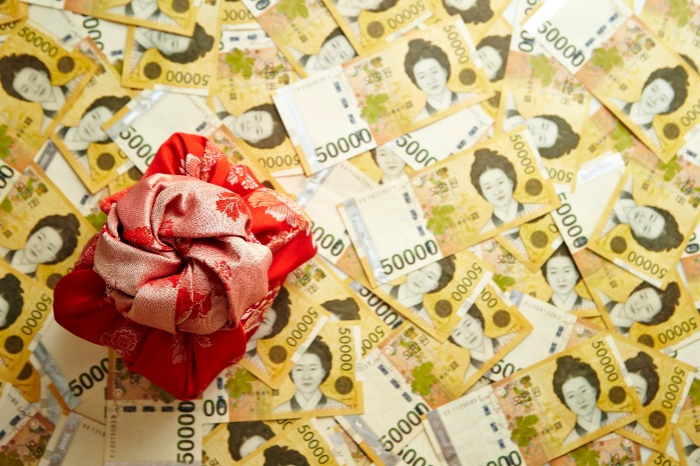South Korea's major holding companies are expected to set higher dividends per share (DPS) at end-2022 than in previous years, a Samsung Securities Co. report said on Dec. 19.
The average DPS of Korean holding companies will be 3.8% this year, outperforming the Kospi, the main bourse, which is 2.2%, the report said.
Hyosung Corp., the holding firm of construction and chemical giant Hyosung Group, is forecast to post a 6.6% DPS this year. That's the market's highest percentage, followed by Lotte Corp.'s 4.6%, SK Inc.'s 4.4% and LG Corp.'s 3.8%.
Due to its poor earnings, Hyosung's DPS is projected to fall to 5,000 won ($3.9), which is 20% lower than the market consensus in financial information provider FnGuide Inc.’s data.
But the shares may reflect better performance from the second quarter of 2023 and have upside potential as the Chinese economy sees a rebound, according to the report.
Investors may need to invest in holding firms that expand total shareholder returns, such as SK Inc. and LG Corp., Samsung Securities said.
SK announced in August that it will buy 200 billion won worth of its own shares and retire them by March 2023. LG plans to return 50% or more of net profits on its separate financial statements, as well as repurchase 500 billion won worth of its own shares by 2024.
GS Holdings Corp., the holding firm of petroleum and construction giant GS Group, is set to return 40% or more of its net profit on its separate financial statement to shareholders.
GS Holdings' DPS may reach 7.5%, but investors should watch whether the company modifies its shareholder return policy. The firm’s DPS is expected to be 4.9% based on the market consensus in FnGuide's data.
The Kospi's average dividend yield, 2.2%, is lower than the global market average of 3.3% due to poor dividend payout ratiosd and high valuation, Samsung Securities said.
Write to Eui-Myung park at
uimyung@hankyung.comJihyun Kim edited this article.





